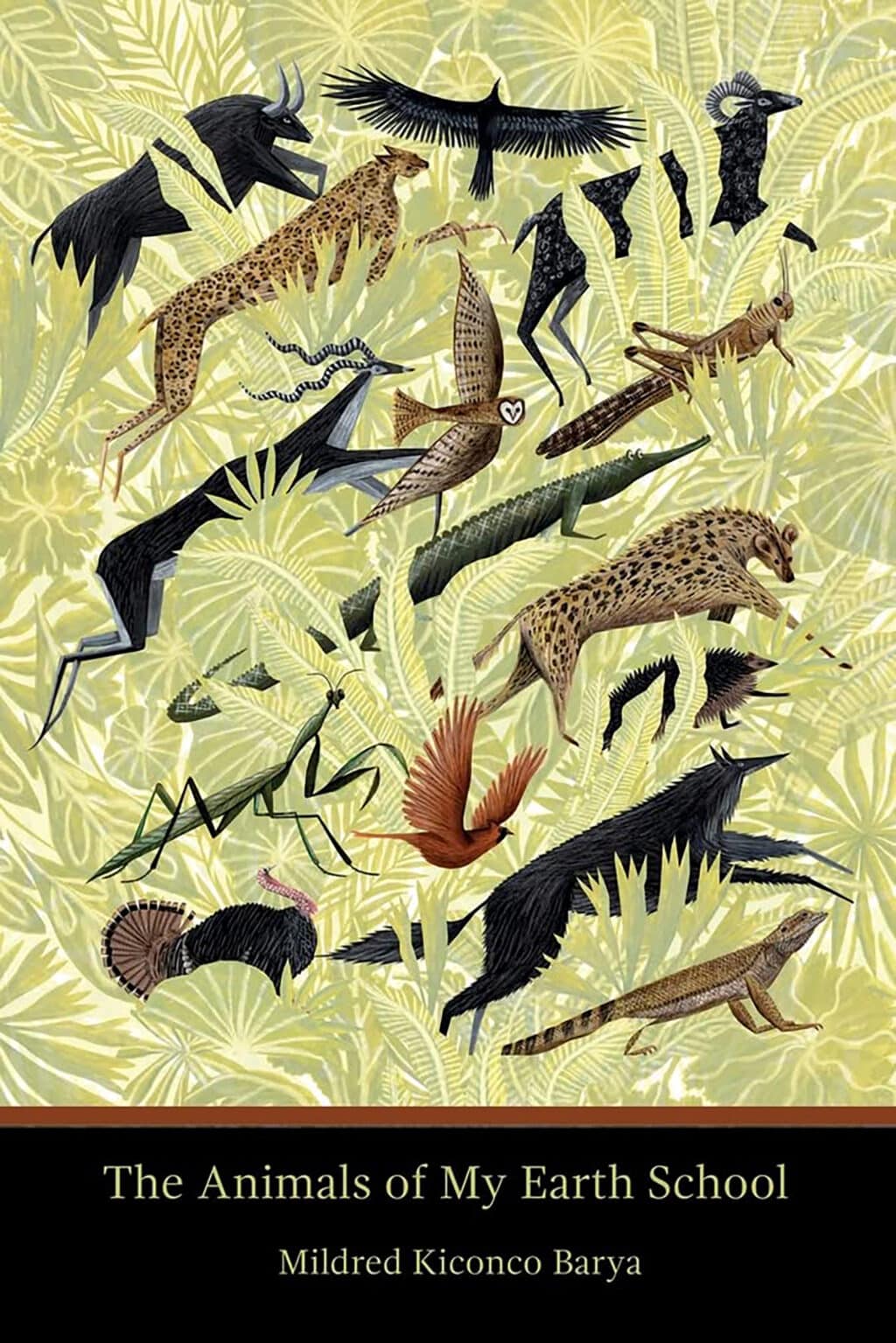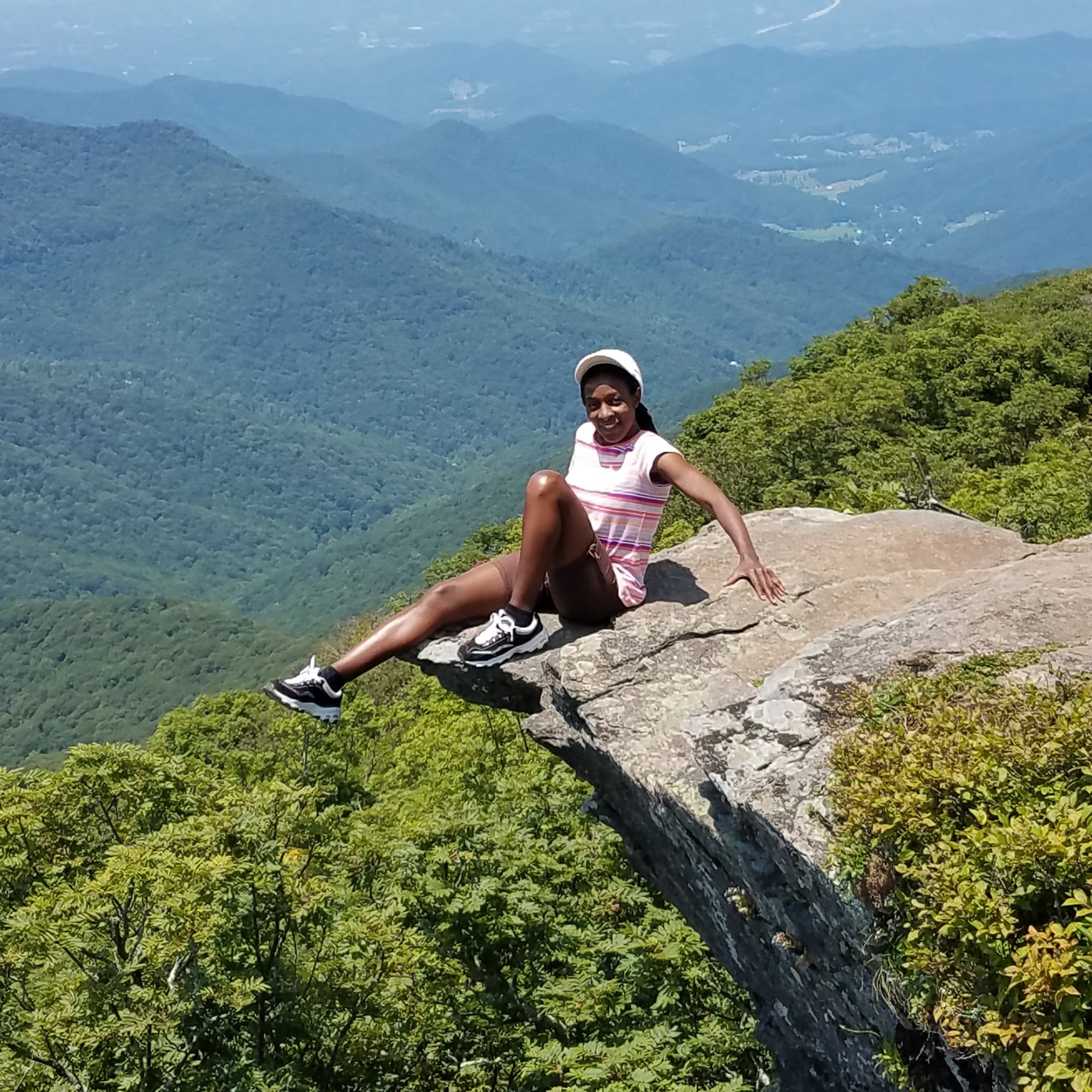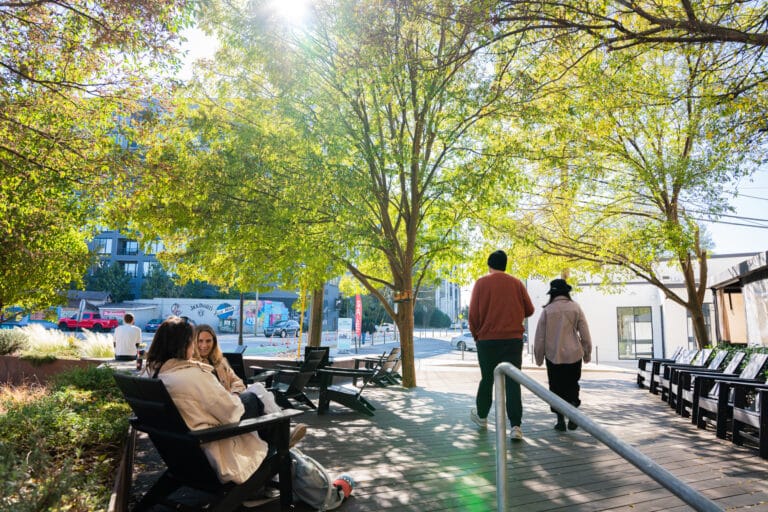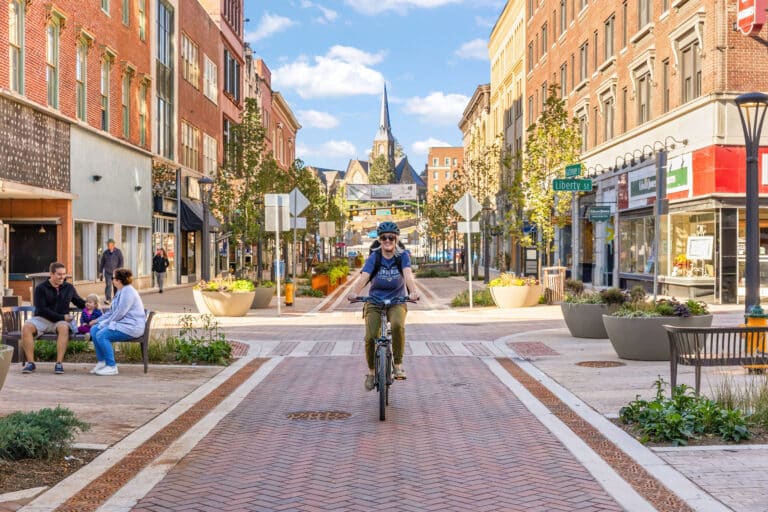North Carolina-based writer Mildred Barya celebrates wonders of nature in latest poetry collection.

As a child growing up in Kabale, Uganda, Mildred Kiconco Barya often spent hours alone herding cattle, sheep, and goats. She came to revere the land, paying attention not just to her family’s animals, but also to the subtle sounds of wind rustling through the grass and leaves. At an early age, Barya began to make up stories, and, when she was 5, she started writing them down.
She addressed her tales to imaginary pen pals in faraway lands, sharing details of African farm life where her family grew a variety of fruits and vegetables, along with millet, sorghum, and maize. “We always had lots of food,” Barya says, “and plenty of stories.” In her early attempts to connect with the outer world, Barya asked others about their lives—what they ate, what they liked to do. And she promised that one day she’d travel to meet them in person, even though airplanes were just shiny objects to marvel at as they crossed the sky.
As Barya’s wanderlust grew, so did her creative fire. But since the farm workload left little free time, Barya learned to write quickly, boiling larger ideas down into poems. Barya’s gift for nimble language, along with her desire to meet like-minded humans, led her to Makerere University in Kampala, where she studied literature and embraced any opportunity to listen, learn and visit the River Nile.
Like the famous river that Barya came to know and love, lives are winding too. In 2008, while attending a conference in Ghana, Barya met an American professor who encouraged her writing. By 2009, she was in the United States, one of six students chosen from a pool of 700 to pursue an MFA at Syracuse University. Barya’s own story continued to take many more twists and turns. Each time she seemed destined to return home, a new path appeared: a teaching job at a prep school in Alabama; a PhD program in Denver; an offer to join the English Department at UNC-Asheville.
Now settled in western North Carolina, Barya has released four full-length collections of nature-based poetry. Her latest, “The Animals of My Earth School,” was published by Terrapin Press just before Earth Day. In addition to full-time teaching, a devoted writing practice, and community involvement hosting the Poetrio Reading events at Malaprop’s bookstore in Asheville, Barya serves on the board of directors for African Writers Trust and Story Parlor. And yet, Barya carves out time to venture into the Southern Appalachian woods each day to run, reflect, and recharge. “It’s essential to feed the soul and the body,” she says.
She also combines her love of forests and stories to connect with students through nature-based writing workshops—some of which are coordinated by Blue Ridge Institute for Educators, in partnership with the NC Museum of Natural Sciences. Melissa Dowland, manager of teacher education for the museum, says, “Mildred is a gentle spirit who enthusiastically guides writers of all stripes and skill levels to observe the world closely and to draw connections between our experience of nature and our humanity.”
Barya shares her workshops with anyone interested in being outside and “being observant,” especially those who might benefit from unplugging from busy lives. Participants describe Barya’s workshops as a unique blend of walking, writing, and “simply being.” When asked if she has a mantra, the dynamic Barya quickly replies, “All is well!” These are the first words she says to herself when she wakes up and the last before going to sleep, a mantra that helps maintain an upbeat healthy perspective.
She has another mantra she often shares with students: Obey your way. “These simple words from Dr. Barya both inspired and guided our groups to trust their unique intuitions and perspectives as we explored the outdoors during workshops,” says Megan Davis, NC Museum of Natural Sciences’ Coordinator of Teacher Education. “She made writing feel as accessible and doable as breathing in and breathing out.”
Even Barya’s approach to harvesting food blends her soulful passions and meditative mindset. In spring, she’s happiest when she’s outdoors, gathering chickweed and nettles, followed by dandelion, black cohosh, and common heal for herbal tea. As seasons change, Barya’s foraging options include serviceberries, wineberries, blackberries, jujubes, papayas, pears, figs, chestnuts, and persimmons. But it’s not only food that piques her interest. Barya takes time to admire blacksnakes that wind past her porch to bask in the sun, and has written essays about their peaceful coexistence. Other visiting wildlife include bears, turkeys, deer, owls, woodpeckers, box turtles and one wild cat that comes and goes at its whims. So it’s no surprise that mammals, reptiles, insects and birds populate her latest collection of poems. “My home is theirs too,” Barya says. “Our lives are all the better for recognizing this and for sharing.”
Wonder is a central theme in Barya’s work. Each morning, she gives thanks as she strolls from her back door to a knoll overlooking the French Broad River which, like the River Nile of her youth, has flowed northward for millions of years. As she gazes upon the shimmering water reflecting upward, she’s awestruck to have been transported to such a wondrous place on the other side of the world from where her own story began. In her poem ‘Falling in Love’, Barya writes:
When I bought the vehicle, it was love—visualizing myself transported to places of wonder.
Photo courtesy of Mildred Kiconco Barya







